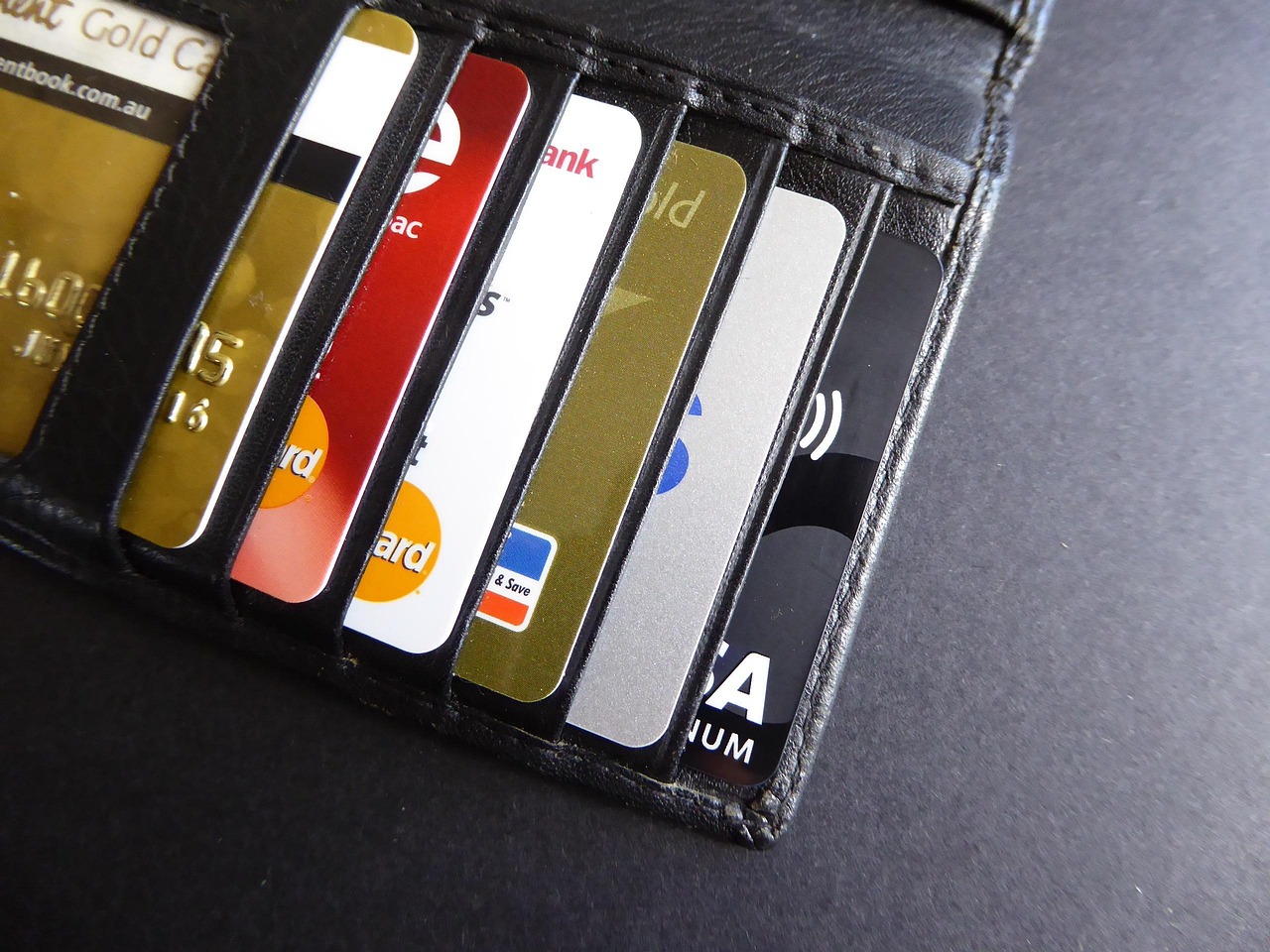
How to Build Credit with a Credit Card
Your credit score functions as more than a simple numerical value because it determines your access to financial opportunities in present-day finance. Your credit report functions as a critical factor in all situations where you seek financing including home loans and automobile funding and apartment rentals. A credit card serves as an effective method to establish and enhance your credit score when used properly.
Having a credit card does not automatically create good credit. Establishing credit through card usage requires purposeful behavior together with knowledge about credit scoring principles as well as safety measures to prevent damaging your credit score.
The following article presents a detailed step-by-step approach to building credit through credit card usage along with practical guidance for responsible credit card management.
Understand How Credit Scores Work
You need to understand credit score components before starting credit building. FICO reports that the most commonly used scoring model in the U.S. uses the following factors to calculate your score:
- Payment History (35%) – Whether you pay your bills on time.
- Credit Utilization (30%) – The amount of credit you use compared to your credit limit.
- Length of Credit History (15%) – How long your accounts have been open.
- Credit Mix (10%) – The variety of credit types you use (e.g., credit cards, loans).
- New Credit (10%) – Frequency of recent credit inquiries and new accounts.
The key to using your card for score growth lies in understanding these components.
Start with the Right Credit Card
New credit applicants typically need time to establish eligibility for premium credit cards. The following options serve as beginner-friendly choices:
- Secured Credit Cards need you to deposit money between $200 and $500 which becomes your available credit amount. These cards provide easy approval access while reporting credit activity to all three major credit bureaus.
- Student Credit Cards serve college students who have no established credit history.
- Applicants can usually qualify for retail store cards but these cards typically have high annual percentage rates and restricted usage.
Choose a credit card that reports to all three major credit bureaus Equifax Experian and TransUnion to ensure your positive activity gets recorded.
Make On-Time Payments—Every Time
Your credit score will improve most when you make timely payments of all your bills.

Your credit score will suffer from late payments which stay on your credit report for seven years. To avoid this:
- You should enable automatic payments to send at least the minimum payment amount.
- Create calendar reminders before due dates.
- You should pay your statement balance in full each month to prevent interest charges and demonstrate responsible financial behavior.
A consistent payment record is the backbone of a strong credit profile.
Keep Your Credit Utilization Low
Your credit utilization ratio is the amount of credit limit that you are using. Low ratio indicates that you are not over dependent on credit which is good for your credit score.
Best practice: It should be less than 30% but it is best to be less than 10%.
For instance, if your credit limit is $1,000, it is recommended that your balance should not exceed $300 and it is even better if it is less than $100.
If you find that you are always exceeding the limit, you can try to pay your bill in parts throughout the month or ask for a credit limit increase when you are eligible.
Don’t Close Your Oldest Accounts
Length of credit history matters. Your credit score benefits from having accounts open for extended periods. Keeping your card open without using it is usually the better choice unless the card imposes an annual fee.
You should consider downgrading to a no-fee version of your current card if you pay high annual fees without receiving sufficient value from the card.
Limit Hard Inquiries
A hard inquiry will show up on your credit report each time you seek new credit. When lenders see many inquiries in a brief period they view this as risk which causes your score to decrease temporarily.
Tips to limit damage:
- Only apply for cards you’re confident you’ll qualify for.
- Pre-qualification tools perform soft inquiries which do not affect your credit score.
- New credit applications should be separated by at least 3–6 months.
Consider Becoming an Authorized User
You can ask a trusted family member to add you as an authorized user on their well-managed credit card account. You will gain from their account history, credit limit, and payment behavior without incurring the actual debt.
Make sure:
- The issuer reports authorized users to credit bureaus.
- The primary user has a good credit history and always pays on time.
This strategy can help you build your credit profile quite quickly.
Monitor Your Credit Regularly
Reviewing your credit report allows you to detect mistakes while tracking your credit growth and defending against fraudulent activities.
AnnualCreditReport.com provides free access to credit reports from all three bureaus during each yearly cycle. Users can benefit from free credit monitoring through tools such as Credit Karma or Experian.
Review:
- Payment history
- Reported balances
- Open and closed accounts
- Any suspicious activity
Check for errors on your report and dispute them immediately through the credit bureau’s website.
Use Your Card—But Wisely
New credit card holders frequently err by not using their card at all because they believe complete inactivity provides maximum safety. Your credit score requires you to actively use your card. Credit issuers reserve the right to close accounts that show no activity.
Your credit growth will benefit from using your card to make small purchases such as subscription services and groceries followed by complete monthly payments.
A positive payment history combined with low utilization rates will help your credit grow when you follow this approach.
Common Pitfalls to Avoid
People who maintain good intentions will still produce errors that damage their credit. Watch out for:
- Using your card to its maximum capacity will cause temporary damage to your credit score even if you pay the balance in full.
- Your credit score suffers from interest accumulation when you only make minimum payments.
- A single late payment will cause major damage to your credit score.
- Your credit history lengthens and your utilization ratio suffers when you close your starter credit cards prematurely.
Final Thoughts
Creating credit through a credit card requires ongoing effort instead of a single accomplishment. Building credit through a credit card demands self-control together with knowledge and time. A basic credit card transforms into your most valuable financial asset when used correctly.
Stay consistent. Stay intentional. Your credit history functions as your financial reputation so build it to be strong.
Leave a Reply